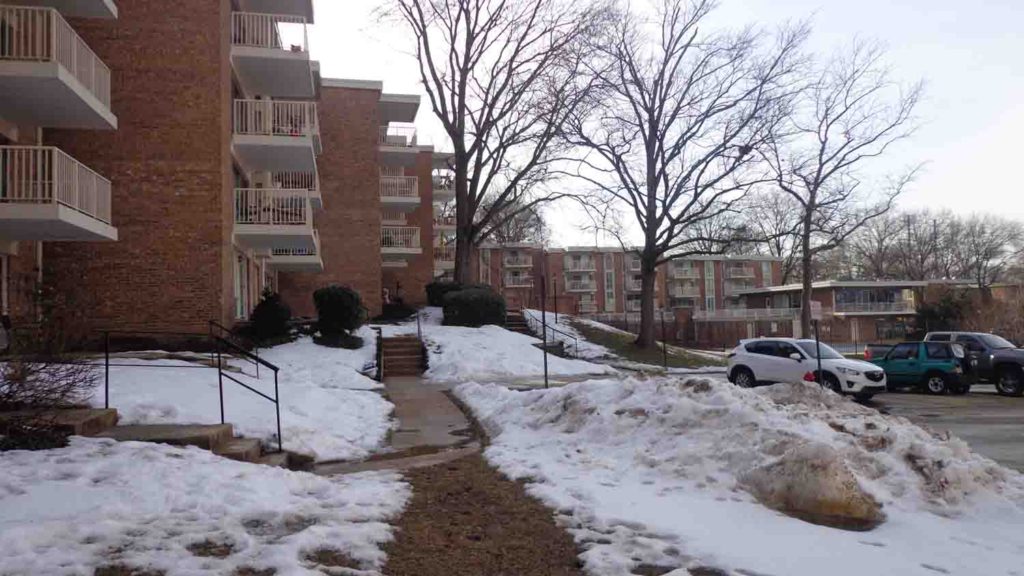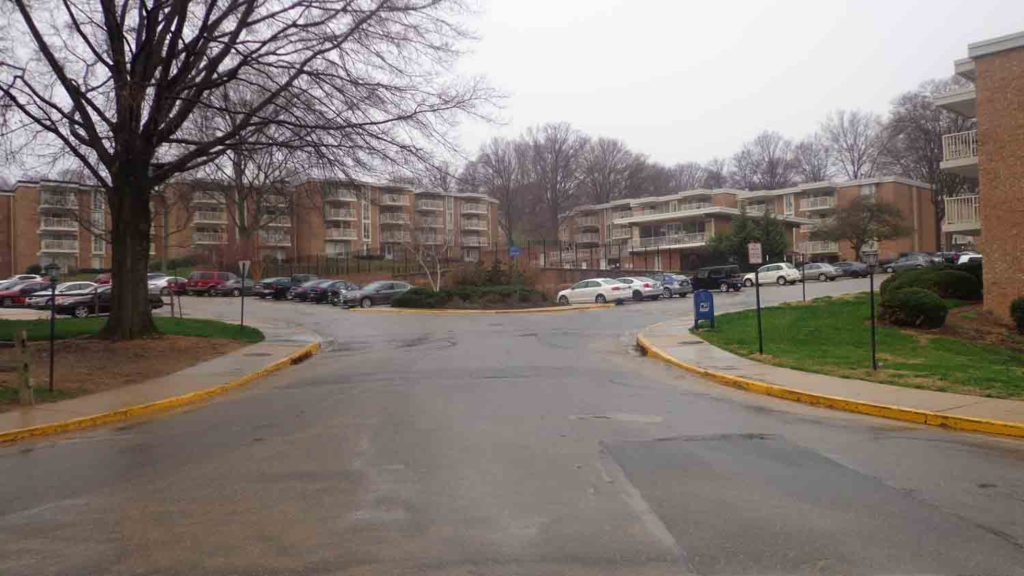
This will be the final installment in the series entitled, Important considerations for buying a condominium unit revisited. Parts one and two discussed what a condominium is versus a town house or a detached home. Part two discussed the pitfalls of buying into condominium communities, and it introduced the concept of a ‘Residential Assessment’. Part three will discuss the role and importance of a community’s Board of Directors. It will further discuss what happens when unit owners in a condominium community can’t agree on the future of the complex.
“Some of you may not remember this, but years ago around the time of the market crash (The Great Recession), fist fights broke out here at our annual meeting and the police were called in,” our Treasurer jokingly recalled at our most recent annual meeting when discussing the budget projections for the upcoming year. Within any condominium community, the Board of Directors is charged with maintaining the overall health of the complex. This includes managing the community’s finances, anticipating future costs, and overseeing changes and repairs in the best interests of the entire community. The current board at my complex is an extremely hardworking group of volunteers who had lots of adversity to overcome, coming out of the 2008 Great Recession.
In the past, previous boards hadn’t steadily raised the condominium fee, nor budgeted for maintenance and repairs to our older complex. This lack of foresight eventually caught up to the current owners in form of the residential assessments described in part two. Prior to my moving into my community, it was allegedly on the verge of bankruptcy, hence once again the necessity of doing your ‘Due Diligence’ – doing your homework on the complex, hunting down the right people (the Board of Directors and the current owners), and asking the right questions before ‘closing‘ on your prospective property.
Why would fist fights break out at an annual meeting during a discussion about the condominium community’s business? A simple answer is that when money is involved, people’s emotions also get involved. Going to back to part two of this series, in order maintain the community, part of the board’s responsibility is to raise the money necessary for common projects which may require each owner paying out thousands of dollars at a time, something very scary and frustrating if not budgeted for. It’s further frustrating when owners must pick up the slack for other owners who can’t or won’t pay their financial obligations to the community.
In life it’s often difficult to get a large group of people to agree on anything, especially when there are varying financial situations, backgrounds and goals. At some point the idea was conceived by members of the board to “Redevelop” our condominium complex. This would involve selling the entire property to a developer with the intention of gutting the complex and erecting a brand-new one. This redevelopment would give all unit owners the option to buy into the new community or leave it altogether. It’s a complex transaction involving several factors for the board of directors to consider. Some of the main ones included:
• Whether or not the current unit owners could at least break even based upon their original purchase prices;
• Whether or not the current unit owners could afford one of the newer units and;
• The logistics of the living arrangements of the units owners who desired to stay in the new community and transition into the newer units.
For the owners desiring to leave the complex, the redevelopment presents the opportunity to leave with a lump sum of money. For those owners who want to redevelop and stay, it’s an escape from the costly maintenance of an older complex in need of periodic costly maintenance. Either way, it’s a process in need of effective management by the board. As of now, the majority of the unit owners approved the redevelopment and it’s going forward.
In closing, buying any piece of real estate is a big deal especially if it’s your first time buying. Each property purchase presents its own potential challenges and pitfalls, many of which can be avoided if the right questions are asked in the beginning. Likewise, buying into a condominium community presents its own sets of potential challenges and it’s important to do one’s due diligence before buying into one. It’s also important to have a smart and hardworking board of directors.
Thank you for reading this blog post. If you enjoyed this piece, you might also enjoy:
• Are you getting your Matching Contribution? A discussion on saving for retirement
• A look at the Law of Compounding Interest and why you should care
• Your Net Worth, your Gross Salary, and what they mean
• Is there power in budgeting your money?
• I still don’t have a car in 2018: A story about playing financial chess
• We should’ve bought Facebook and Bitcoin stock: An investing story
If you’ve found value here and think it would benefit others, please share it and or leave comments. To receive all the most up to date content from the Big Words Blog Site, subscribe using the box in the right-hand column in this post and throughout the site, or add the link to my RSS feed to your feedreader. Please visit my YouTube channel entitled, Big Discussions76. Lastly follow me on Twitter at @BWArePowerful, on the Big Words Blog Site Facebook page, and on Instagram at @anwaryusef76. While my main areas of focus are Education, STEM, and Financial Literacy, there other blogs/sites I endorse which found on that particular page of my site.


